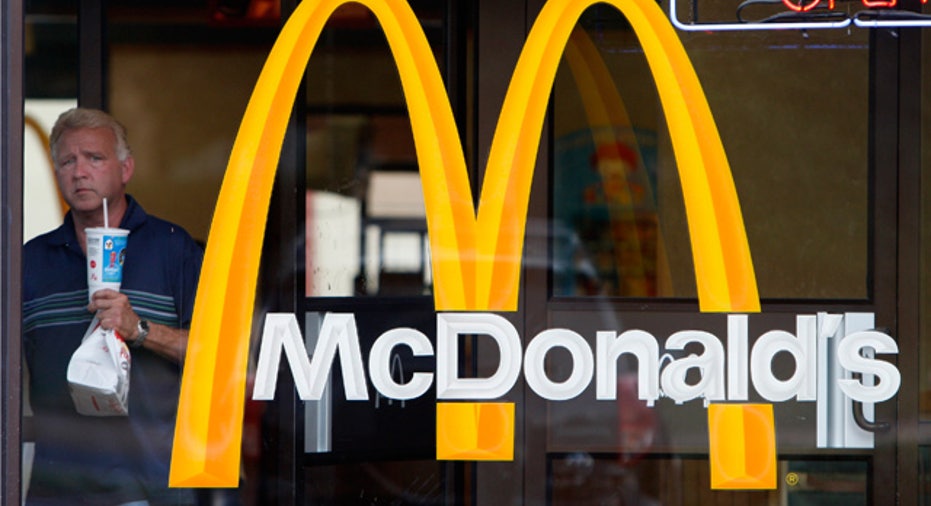Will New Jersey’s Federal Minimum Wage Hike Spread Nationwide?

New Jersey residents voted overwhelmingly to raise the state’s hourly minimum wage to $8.25 Tuesday with annual cost-of-living increases. While the increase is $1 more an hour than current minimum wage workers are taking home in the state, it falls short of the $9 an hour minimum President Obama has called for across the country.
Jason Furman, chairman of the Council of Economic Advisors told reporters Monday at a Wall Street Journal event that the public will “certainly be hearing more about” an increase as Democratic lawmakers plan to increase pressure on the Obama Administration to hike the federal minimum wage, according to a recent post on The Hill’s “On the Money” blog.
Joe Olivio, owner of Perfect Printing in Moorstown, N.J., says T uesday vote will cause him to rethink his hiring plans and business practices. His temporary workers’ salaries are currently tied to the state’s minimum wage, which will put pressure on his payroll.
“They will come to me, rightfully so, and say they want an increase if my part-time workers are now making $8.50,” he says. “My biggest concern is that this is pegged to never end—it's an annual increase.”
Olivio has 48 employees at his print communications and marketing firm,. which he has had since 1979. While he may not be cutting jobs just yet, he plans to scale back by automating more of the work part-time workers currently do.
“Long-term, this is not an overnight Armageddon, but I will start looking for ways to automate things that I currently have entry-level workers do,” he says.
Critics of raising the minimum wage say the president is pushing the cause now to distract from the botched rollout of health-care reform, but Brookings Institute scholar Gary Burtless counters that argument saying the government can only tackle one big issue at a time.
“There are a lot of people who care about the minimum wage, probably more than who care about health-care,” Burtless says. “No reason we can’t advance both policies at the same time.”
That being said, many economists are skeptical of the up side of raising the minimum wage in an economy that continues to struggle, he says.
“This isn’t an obscure policy and commands broad and nationwide attention,” Burtless says. “Some people may lose their jobs if there is a higher minimum wage, but some people still say we should raise it.”
There has been a rise in nominal wages, so the argument could be made that there is a need to hike the federal minimum wage, which has not been raised since 2007 when it hit the current rate of $7.25. Earlier this summer, thousands of fast food workers held nationwide demonstrations pushing for a major, and many say unattainable, hike in the federal minimum wage to $15 an hour.
Current wage inflation in 2013 has risen by 1.8% compared to 1.1% overall inflation, Burtless says. The president may push for a hike, but it’s unclear how far he will actually get. “I look at the current composition of the House of Representatives and wonder if they would permit such a change in the law to come before the House. I think Republicans recognize it’s a popular thing to do and don’t want to get caught on record [voting against it],” Burtless says.
Keith Krehel, owner of Krehel Auto in Clifton, N.J., employs 14 people, and he says he often hires minimum-wage workers to help out around the shop, which he may have to stop doing in the future.
“This is a wolf in sheep’s clothing,” he says of the state’s minimum wage hike. “My fear is that you will see a lot of jobs evaporate. I can sympathize, but would you rather have a person working for $7.25 and have a job or have no job at $8.50?”
He says he won’t fire any of his minimum-wage workers, and at the present only one of his workers is paid the minimum, but it will stop him from bringing on new workers.
“The potential for me hiring minimum wage workers is now gone,” he says. “This is an opportunity killer.”



















